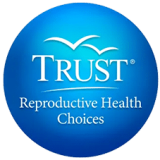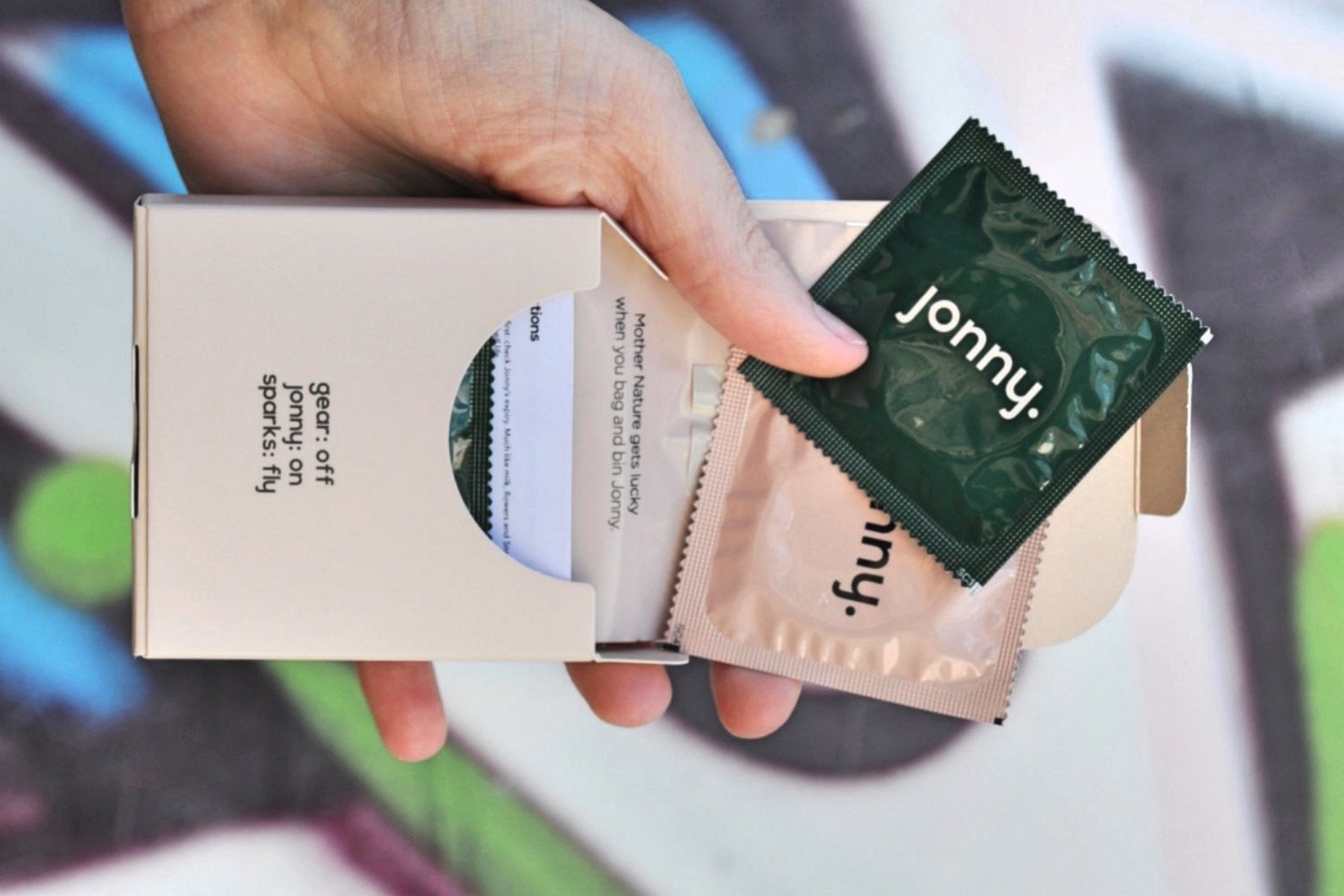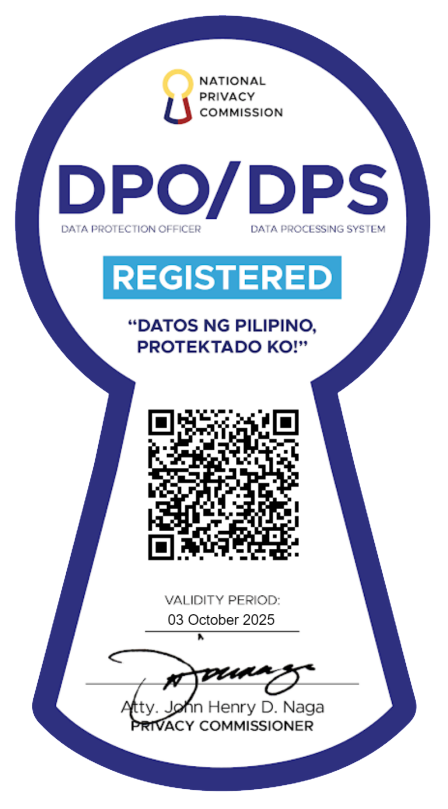Eco-Friendly Condoms in the Philippines: Exploring Sustainable Protection Options
Estimated reading time: 8 minutes
Key Takeaways
- Eco-friendly condoms are becoming popular as a sustainable choice in sexual health.
- These products are made from natural latex and are biodegradable.
- Eco-friendly condoms offer the same level of protection as traditional ones.
Table of contents
- Understanding Condoms and Their Role in Reproductive Health
- Eco-Friendly Condoms: An Emerging Trend
- Accessibility and Cost of Eco-Friendly Condoms in the Philippines
- Educating About the Benefits and Myths of Eco-Friendly Condoms
- Overcoming Barriers to Adoption of Eco-Friendly Condoms
- Concluding Thoughts
In the Philippines, using condoms serves as a critical facet of sexual and reproductive health. Beyond their role in preventing unwanted pregnancies and reducing the spread of sexually transmitted infections (STIs), there’s an evolving conversation around eco-friendly condoms. As society becomes increasingly conscious about its environmental footprint, the shift towards sustainable products is notable, even in the realm of sexual health. These eco-friendly options promise to satisfy both health and environmental consciousness, integrating seamlessly into a lifestyle that values sustainability.
Understanding Condoms and Their Role in Reproductive Health
What are condoms?
Condoms are barrier devices used during sexual intercourse to prevent pregnancy and reduce the risk of STIs. By forming a shield, they prevent sperm from reaching the egg and block pathogens that cause infections.
How do condoms work?
Condoms work by trapping sperm within a latex or synthetic barrier, preventing them from entering the vaginal canal during intercourse. They also act as a blockade against bacteria and viruses, decreasing the risk of infections like HIV, syphilis, and chlamydia.
Benefits of using condoms:
- Highly effective in preventing pregnancies (source).
- Reduce the transmission of STIs.
- In the Philippines, condoms are praised for being accessible and ready-to-use, providing a convenient and cost-effective choice compared to other contraceptive methods.
Eco-Friendly Condoms: An Emerging Trend
What are eco-friendly condoms?
Eco-friendly condoms are designed with the planet in mind, made from natural materials like latex, which is biodegradable. They offer a sustainable alternative to standard synthetic condoms typically made from materials that do not breakdown easily in the environment (source).
Environmental benefits:
These products significantly reduce ecological impact thanks to their biodegradability. The sustainable sourcing of natural rubber also lessens the depletion of non-renewable resources.
Brands and availability:
Several brands have pioneered the introduction of eco-friendly condoms in the Philippines, available in major pharmacies, specialty health shops, and online platforms, making them readily accessible to those seeking sustainable options.
Accessibility and Cost of Eco-Friendly Condoms in the Philippines
Affordability:
While eco-friendly condoms might come at a premium due to their sustainable production processes, there are increasingly more affordable options emerging in the market as demand grows and production efficiencies improve.
Where to buy:
Consumers can find eco-friendly condoms across various outlets—both in physical stores and through online markets. Prominent pharmacies and health-focused stores often stock these products, alongside an increasing presence in e-commerce spaces.
Educating About the Benefits and Myths of Eco-Friendly Condoms
Common misconceptions:
A prevalent myth is that eco-friendly condoms are less effective than traditional ones. This information is incorrect as eco-friendly condoms meet the same testing and safety standards.
Dispelling myths:
It’s crucial to base opinions on factual evidence—eco-friendly condoms, when used correctly, provide the same level of protection (source) against pregnancy and STIs as their conventional counterparts.
Advocating for education:
Enhancing sexual and reproductive health education helps cultivate informed decisions about condom use, ensuring individuals are aware of all the options available, including eco-friendly varieties.
Overcoming Barriers to Adoption of Eco-Friendly Condoms
Cultural perceptions:
In the Philippines, traditional views on contraception can influence perceptions. Addressing these cultural stigmas head-on is essential for broader acceptance.
Empowerment through choice:
Offering eco-friendly condoms contributes to empowering individuals to make environmentally responsible choices without compromising their health needs.
Concluding Thoughts
To align with both health and environmental stewardship, choosing eco-friendly condoms is a commendable step. It underscores the importance of considering our planet while maintaining proactive sexual and reproductive health practices. By opting for eco-friendly products, we take part in a larger global movement towards sustainability.
Visit Reliable Sources and Healthcare Providers:
For those who wish to learn more about eco-friendly options or need personalized advice regarding contraception, consulting with healthcare providers is recommended. Here are additional resources for further reading:
Trust.ph |
Medical Advice for Contraceptives |
General Contraception Info
Let’s make each choice count for our health and our planet by considering eco-friendly condoms for a sustainable future in sexual health.








